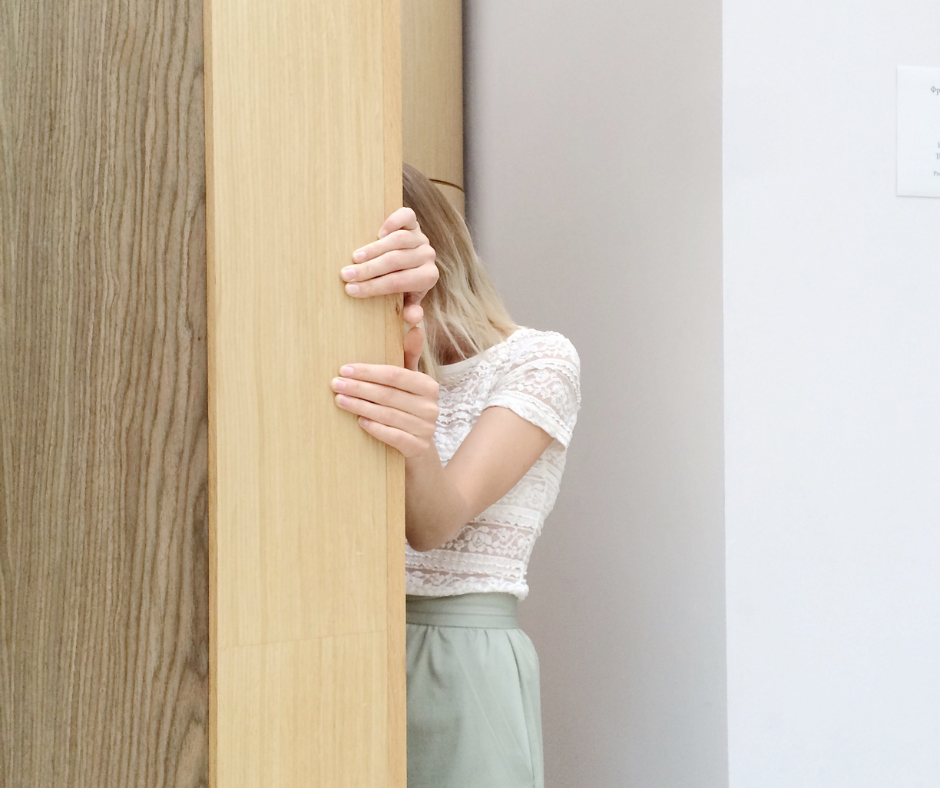N is for No – How to Say ‘No’ and Still Stay Friends

Why Do We Find Saying ‘No’ so Hard?
It’s all down to our fear of the consequences. Which of these do you relate to?
- Fear of rejection – you want to keep your friends!
- Fear of confrontation – saying ‘no’ could instigate a difficult conversation.
- Fear of losing opportunities – if you say ‘no’ now, they may not ask us again.
- Feeling guilty – you don’t want to let others down.
- People pleasing – not wanting to upset anyone or have people think you’re unhelpful.
- Lack of self-confidence and self-esteem – putting their needs ahead of your own because you don’t have the confidence to say ‘no’.
- FOMO – Fear of Missing Out! When have you said ‘yes’ to something because you didn’t want to be left out of the fun or miss out on the reward.
So we say ‘yes’ even if it’s inconvenient, which means working late and causes us problems later.
Sometimes it can feel like there’s no choice if you fear the consequences of what they may think of you if you decline. For me, speaking engagements bring me more enquiries and coaching work. They provide opportunities to make connections. That makes it harder to say ‘no’! So, be mindful of the long-term consequences of always saying ‘no’.

Why Say ‘No’?

How to Say a friendly ‘No’
- Speak to them. It helps to say ‘no’ in person so that they can see your expression and smile, that you’re genuinely unable to do what’s being asked. It’s harder to say ‘no’ in writing because the reader may imagine a different tone of message from what you intended and misinterpret your words.
- Give a reason. Qualify your answer by saying ‘because…’ to put context and a back story around it. The other person can then see the situation from your perspective. For instance, you may decline an invitation to a party because you don’t feel comfortable in a group. Or because you’re exhausted from working flat out for weeks.
- Focus on yourself. If you pick up on someone’s reaction, for example if they rejected by you, remind yourself that’s their response and it’s unhealthy to take on other people’s worries. Remember your reason for saying ‘no’.
- Find a Compromise. Recognising what your boundaries are and where you can compromise is helpful. Negotiating a win-win option keeps everyone happy. An example of this was an invitation to speak at a recent conference in Scotland. I presented to the delegates in a Zoom workshop so they still got great content and I didn’t have to travel.
- Present an alternative option. You didn’t simply say ‘no’. For example, if you don’t want to go to the event but could meet for coffee, that can make saying ‘no’ much easier.
- Be firm. If someone is insistently selling you something, don’t feel any guilt at saying ‘no’! Sometimes, their persistence can turn your polite decline and explanation into a more assertive, abrupt ‘no’. When you sense this happening, notice the level of your intensity. As you climb the intensity scale, if someone isn’t accepting it and you’re strengthening your ‘no’, keep your energy low to halt any aggressiveness coming through. This also helps to keep stop it escalating!
- Be clear. When we clarify whether it’s a ‘no’, ‘not yet’ or a ‘maybe’, people don’t feel like they’re being strung along.
- Keep your options open. Ask for more information or say whether you need to check with someone else. Deferring your decision until you know more also helps maintain your boundaries.
- Manage Expectations. Manage people’s expectations about what you can and cannot, will and will not do. This shows that you respect them. I cover managing expectations in my article U is for Uncertainty, so do have a read of that.

It’s OK to say ‘No’
When I talk to people who feel guilty about saying ‘no’, they think they’re being selfish. Particularly very caring, sensitive people; they feel they should put other people’s needs first. Instead, remember that self-care means putting your own oxygen mask on first. Only then can you be of any use to others.
Saying ‘no’ is healthy and positive. You’re not hiding. You’re making a proactive decision with solid reasons. Like having time to yourself over summer.
On the flip side, it is OK for someone to say ‘no’ to you too. If you feel anxious or have an emotional response when you’ve been declined, what is the reason? To remain on good terms, remind yourself that your invitation simply didn’t fit with their plans today.
Skills to Develop
Coaching can help you strengthen your boundaries and keep your emotional intensity in check. It can help you stay true to your priority; your reason for saying ‘no’. Further skills that coaching can hone include:
- Building your emotional intelligence,
- Improving your confidence and self-esteem,
- Staying proactive; putting the ‘no’ into context,
- Knowing what your boundaries are and prioritise them.
Saying ‘no’ gives you more time to do better things. So, let me assist you with the possibilities that inspire your ‘no’!
Get in touch to see how I can help you say ‘no’ and still keep your friends. Call me on 07766 004964, click here to email me or visit my online diary here to book an exploratory chat.






